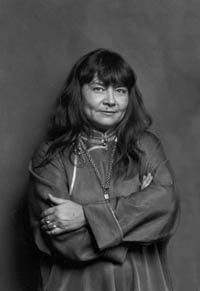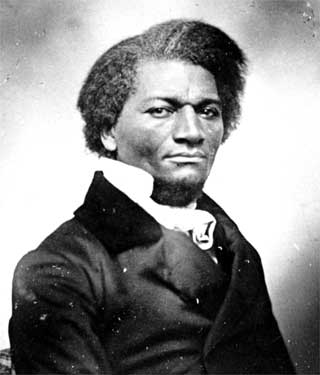Fall 2010 English 343


American Literature Survey
oral beginnings
to 1865
T/Th 12:30 - 1:45 Niccol 006
|
Fall 2010 English 343
American Literature Survey T/Th 12:30 - 1:45 Niccol 006 |
|
auto-American biography: A term coined by literary critic Sacvan Bercovitch for an autobiographical text in which the narrator self-consciously foregrounds his narrative construction of himself as an ideal American citizen. Benjamin Franklin's Autobiography is often understood as an auto-American-biography. Deism: Eighteenth-century religious belief that privileges reason over faith and rejects traditional religious tenets in favor of a general belief in a benevolent creator. Deists do not believe in original sin and instead assume that humans are basically good. Enlightenment: Philosophy developed by thinkers such as Isaac Newton and John Locke, who argued that the universe is arranged in an orderly system, and that by the application of reason and intellect, human beings are capable of apprehending that system. Their philosophy represented a radical shift from earlier notions that the world is ordered by a stern, inscrutable God whose plans are beyond human understanding and whose will can only be known through religious revelation. Great Awakening: The revitalization of spirituality and religious enthusiasm that swept through the American colonies from 1734 until around 1750. Ministers like Jonathan Edwards and the itinerant preachers George Whitefield and Gilbert Tennent promoted what they called a "religion of the heart," through which converts would move beyond mere adherence to moral duties into an ecstatic experience of spiritual grace. Great Awakening conversions were often characterized by physical reactions such as shouting, shaking, fainting, or even falling to the ground. neoclassicism: Aesthetic movement characterized by interest in the art and culture of ancient Greece and Rome. In the late eighteenth and early nineteenth centuries, the United Sates, in search of foundational models to replace its former reliance on Great Britain, turned to examples from the ancient world, particularly the Roman republic, and, to a lesser extent, ancient Greece. Americans associated classical Greece and Rome with the virtuous, anti-aristocratic political and cultural ideals they hoped would prevail in the United States. The American neoclassical ideal did not entail a slavish imitation of ancient forms but rather demanded modern interpretations and revitalization of old forms. republic: A government in which power is held by the people, government is representational, and representatives are charged with the common welfare of all the people in the country. Because the first republic was in ancient Rome, many eighteenth-century Americans were anxious to imitate Roman history and culture. Romantic Individualism: The belief that individuals are endowed with not only reason abut also intuition that allows them to receive and interpret spiritual truths. Individuals thus have a responsibility to throw off the shackles of traditions and inherited conventions in order to live creatively according to their own unique perception of truth. Ralph Waldo Emerson's "Self-Reliance" is often considered to be a manifesto of Romantic Individualism. Romanticism: A movement in early nineteenth-century American culture that stressed creativity, sensation, subjectivity, emotion, and fulfillment. Romanticism saw nature a an inspiring force and emphasized the radically innovative individual, as opposed to the Enlightenment tendency to focus on the rationally ordered society. seduction novel: A popular genre usually focusing on a pathetic, naive female character who is seduced away from her protective family, made pregnant, and left to die by an unfaithful lover. Some literary critics have argued that the cultural obsession with tales of female seduction in late-eighteenth-century America reflects the nation's anxiety about its own claims to virtue in its recent revolution against the "patriarchal authority" of England. Susanna Rowson's Charlotte Temple is an example of a seduction novel. sublime: An aesthetic ideal formulated by British philosopher Edmund Burke in the eighteenth century. Burke was interested in categorizing aesthetic responses and distinguished the "sublime" from the "beautiful." While the beautiful is calm and harmonious, the sublime is majestic wild, even savage. While viewers are soothed by the beautiful, they are overwhelmed, awe-struck, and sometimes terrified by the sublime. Often associated with huge, overpowering natural phenomenal like mountains, waterfalls, or thunderstorms, the "delightful terror" inspired by sublime visions was supposed both to remind viewers of their own insignificance in the face of nature and divinity and to inspire them with a sense of transcendence. Transcendentalism: A nineteenth-century group of American writers and thinkers who believed that only by transcending the limits of rationalism and received tradition could the individual fully realize his of her potential. Ralph Waldo Emerson, Margaret Fuller, and Henry David Thoreau are among the most influential Transcendentalists.
|